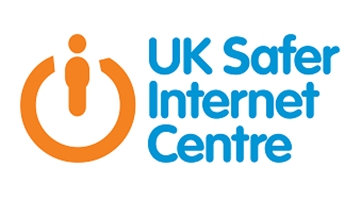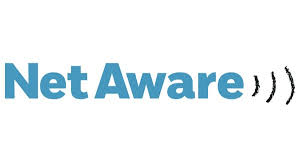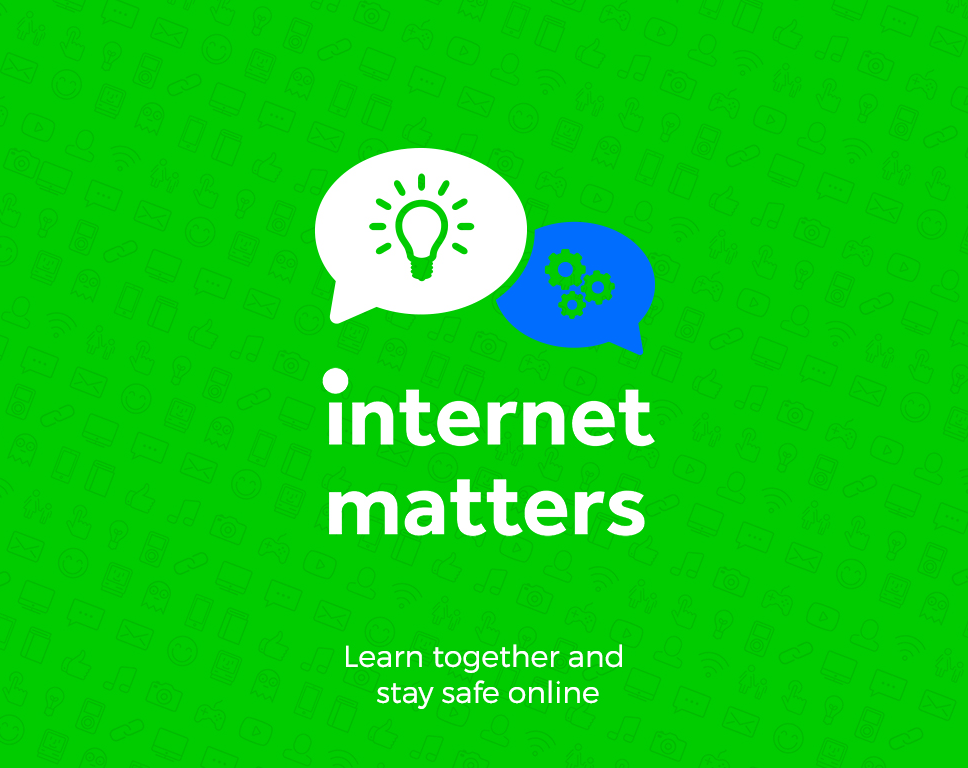
Online Safety
Here at The Sittingbourne School we believe that the use of ICT is an essential part of education in the 21st century. The internet and other digital information technologies are powerful tools, which can open up new opportunities for everyone.
However, we also recognise that children need to be protected and supported when using these technologies. Here at The Sittingbourne School we work with students to enhance their understanding of digital technologies and how to use them safely. We provide filtered access to the internet and monitored student school accounts including email and the Google Classroom platform for homework and class discussion.
We expect students to be mature and responsible when using digital technologies. All students sign our Acceptable Use Policy and students are taught through a combination of ICT and character education lessons about their responsibilities and the law regarding digital technologies.

This website is run by CEOP and provides you with information and resources based on the age of the person accessing the website.

https://www.ceop.police.uk/safety-centre/
The CEOP website allows you to make reports about anything concerning that is internet based. This could be anything such as offensive material, online abuse or any concerns about a child. Any reports made to CEOP are treated with high importance by specialists trained how to offer help and advice to parents and children. They may also pass on important information to the police or the school agencies if this is a necessary step.
CEOP also has its own channel on YouTube where there are educational films and resources that can be used by parents in supporting their child’s education.
Similarly, there are a range of links on this website which can take you to other websites such as the NSPCC and BeatBullying websites.

Safer Internet
https://www.saferinternet.org.uk/
Advice and resources to support you as you support your child to use the internet safely, responsibly and positively.

Net Aware
An online guide to the social networks your child might be using, keeping you up to date in order to keep your child safe in today’s digital world.

Childnet International
This website, like CEOP, has a range of materials that can be accessed to get advice and can be used with your child to teach them internet safety.

NSPCC Online Safety
https://www.nspcc.org.uk/keeping-children-safe/online-safety/
This website provides advice and information about online safety, as well as the prevention of child abuse. It also gives you information about where to go if you need to report an incident.

Internet Matters
https://www.internetmatters.org/
Working with online safety experts, this site guides you through the many issues children can experience when using the internet.

Parent Zone
https://parentzone.org.uk/advice/parent-guides
Parent Zone provides support and guidance for parents from leading experts and organisations.
Golden rules for parents and carers
Discuss and agree as a family how the internet will be used in your house.
Let your children tell you what they think is acceptable and isn’t for them to do online, such as being nasty to people, keeping personal information private and speaking to an adult when they are worried. Then add your own rules like how long they are allowed to spend online and not using cameras in bedrooms.
- Make sure that your child understands that their actions and behaviours online can have offline consequences.
- Agree on sanctions for breaking the rules.
- You might find it helpful to write these ‘ground rules’ down as a visual reminder.
Remember these are whole family rules, so consider your own use of the internet and lead by example.
- Think about how much information you are sharing on your social networks about your children and who can see it.
Online safety
Make the most of the parental controls on your children’s internet-enabled devices and games consoles.
- Make sure you apply parental controls to all internet devices in your household. They can restrict access to inappropriate content and can help you manage how much time your child spends online.
- Make sure your child understands that parental controls are in place to protect them, not restrict them; some children will actively work around parental controls if they feel constrained without knowing why.
- Set up filters on internet search engines to limit the likelihood of your children accidentally coming across inappropriate content when searching online.
- Be aware that internet history can be hidden and deleted, so make sure you talk to your children.
- Remember that filters will never be 100% effective so you cannot rely on them alone to protect your children. It is important that your children understand that they should tell you straight away if they come across something inappropriate or upsetting online
Listen
Take an active interest in your child’s online life and talk openly with them about the things they do.
- Talk to your child about which websites/apps they like to use and why; engage in their online world with them.
- Be aware of any changes in behaviour, language and attitude in your child.
- These behaviour changes can indicate that something is upsetting your child online. Children who are groomed, radicalised or exploited online will often be pressured to withdraw from family and friends.
Dialogue
Don’t panic; talk to your children!
- Try to maintain an open and positive relationship with your child when talking about the internet.
- Make sure your child knows that they can come to you for help if something happens online that makes them feel scared, worried or uncomfortable. Many children won’t disclose incidents of cyberbullying or online grooming because they are worried that adults will blame them and remove their access to the internet.
- Ask your child if they know where to go for help; where to find safety advice; information about privacy settings and how to report or block users on their games and websites.
- Explore their games and website together to ensure your child knows how to block and report who is nasty or inappropriate. Encourage your child not to retaliate or reply and to keep evidence.
- If the game/app has a ‘parent section’ it’s a good idea to do your own research and find the parental controls or reporting systems yourself.
- Ensure your child understands that pictures, videos or comments that are posted online can be very difficult to remove and rarely remain private.
- Discuss the pressures for young people to send inappropriate or indecent images to each other (sexting). How might this behaviour affect their relationship? Do they know what they would do?
- Young people need to be aware that images can be copied, saved and shared without their knowledge and if they are under 18, they are also breaking the law by making an indecent image of themselves.
